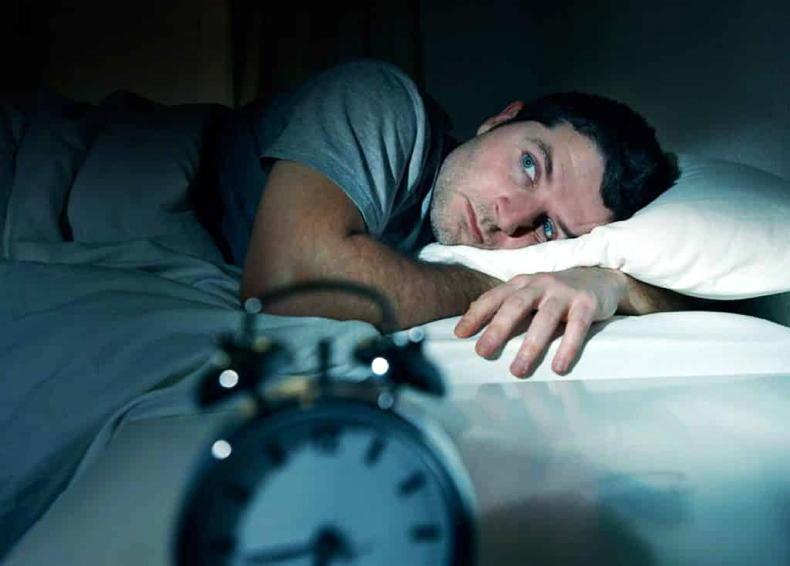CHECK with those closest to me and they will probably be laughing their heads off at the idea that I might be offering some advice on how to take time out and relax. If I am not active, doing something productive, then I will usually find something to do.
However, I am aware of the importance of rest, and I try from time to time to do something about it. For me personally, reading is my relaxation and nothing beats time with a good book. Given the stresses and worries for the past few years of Covid-19, and ongoing worries about people’s economic wellbeing and ability to meet bills, it’s more important than ever to advocate for mental health resources and daily routines that promote physical, mental and emotional well-being.
Even without the pandemic, people are stressed. Some reports show that a third of people say that they have on occasions felt extreme stress, and up to 75% report that stress impacts their mental health.
Importance of relaxation, rest and sleep
So many people are caught in the grind of work, family responsibilities and ongoing stress. Often, they only allow themselves to truly rest on holidays. However, it’s so important to prioritize adequate rest and quality sleep in your everyday life.
Rest and sleep are two different things, but both are equally important to your mental, emotional and physical health. Furthermore, prioritizing rest can actually improve your quality of sleep.
Rest can be difficult to define because it can look different for everyone. Rest is any behaviour aimed at increasing physical or mental wellbeing. It can be active, such as going for a walk outside, or passive, such as taking 10 minutes to sit down and breathe deeply. Regardless of how you choose to rest, these daily behaviours can help you recover and recharge from physical and mental effort. That’s why better rest is linked to better physical and mental health.
Sleep, on the other hand, is a body-mind state in which individuals experience sensory detachment from our surroundings. Sleep is an essential function of the body and impacts every system from our cognitive function to immune health. Quality sleep can help us reset, recover and recharge.
Sleep is absolutely vital to brain function, memory, concentration, immune health and metabolism. Unlike rest, sleep is something your body cannot function without. In fact, if you are sleep deprived, your body will force you to sleep, no matter what you’re in the middle of.
Rest and relaxation tips
If left untreated, long-term stress can cause chest pain, headaches, digestive issues, anxiety, depression, changes in sexual desire and inability to focus. It may not seem like a big deal to skip relaxation in your daily routine. However, there are several benefits to daily rest and relaxation. They include:
So, how can you better prioritize rest? Find small ways in which you can incorporate rest and relaxation into your daily routine. We make time every day to eat, take our children to school, run errands and go to work. Why should rest be any different?
Start by finding a relaxation technique that works for you. This could be meditating, practicing yoga, walking outside, listening to music, reading a book, taking a bath or any combination of these things. When planning out your daily routine, find a consistent time to rest. For example, you could take a relaxing bath before bed, practice meditation each morning or go for a short walk during your lunch break at work.
Tips for getting better sleep
In addition to daily rest and relaxation, it’s recommended that adults get seven to eight hours of sleep each night, but quality is just as important as quantity. Rapid eye movement (REM) sleep is the most restorative of the five sleep cycles. At least one-quarter of your sleep should be spent in the REM cycle.
How can you ensure that you get enough quality sleep each night? Here are a few tips.
If you are struggling to get enough sleep, or not feeling rested throughout the day, you may be a candidate for some sleep study, and it is advisable to speak with your doctor about this. Anyone and everyone can benefit from simply taking time to rest and relax during your daily routine. Even this author!


 This is a subscriber-only article
This is a subscriber-only article
 It looks like you're browsing in private mode
It looks like you're browsing in private mode










SHARING OPTIONS: